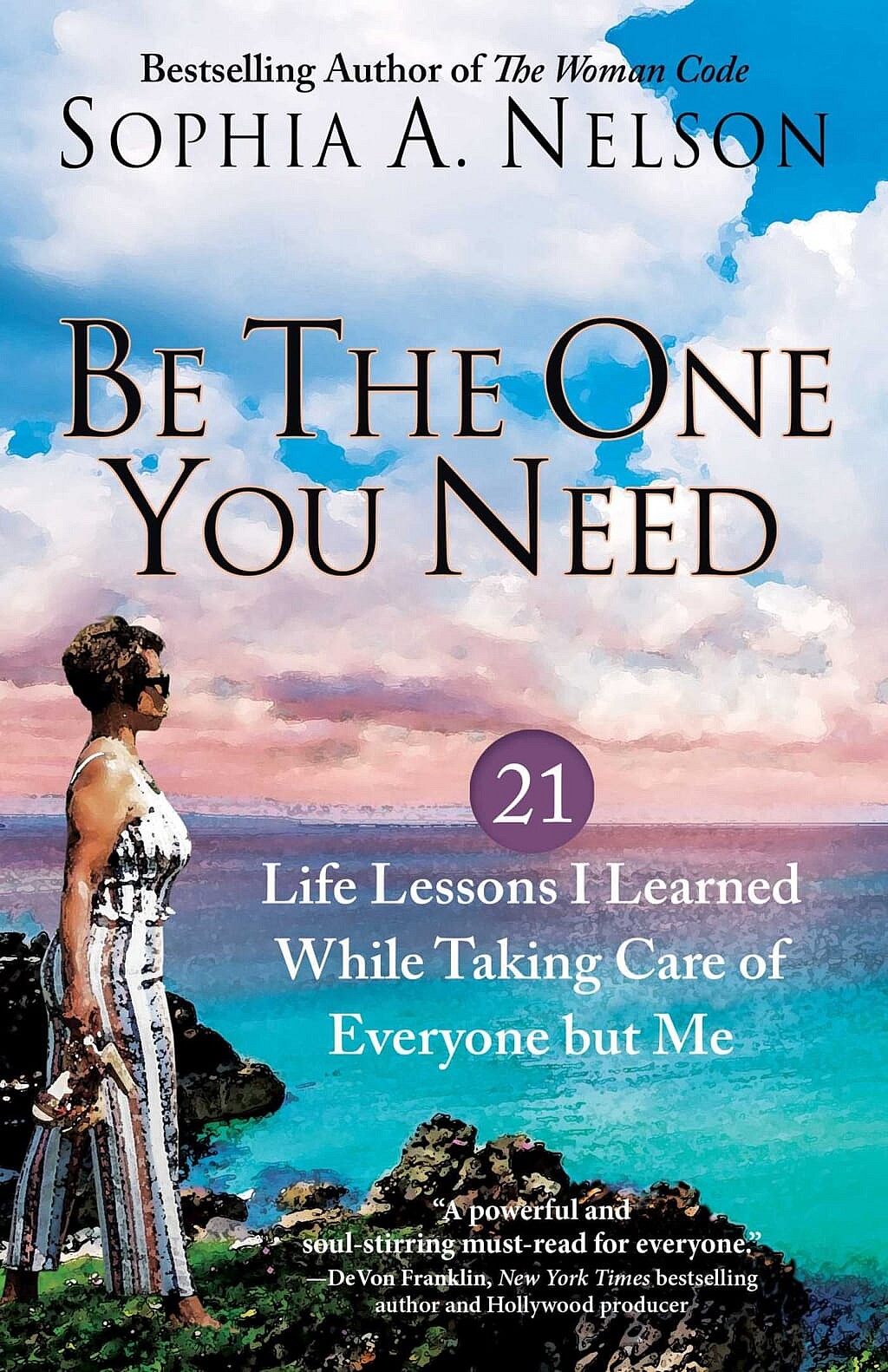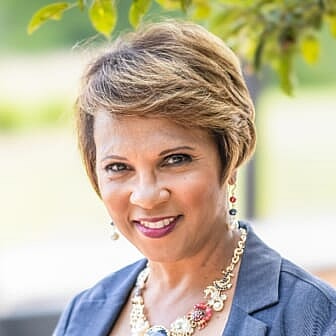Editor’s note: The following article is an op-ed, and the views expressed are the author’s own. Read more opinions on theGrio.
This has been a rough Mental Health Awareness Month for America, but particularly for Black and brown Americans who, in just the span of one week, endured the unthinkable at a local grocery store in Buffalo, N.Y., and an elementary school in Uvalde, Texas.
Let’s just say it: Black and brown people in America are under assault. This is the state of our nation right now. Eighteen-year-old boys menacing innocent men, women and children with weapons of war. A nation where we scream at one another daily on social media—where we are divided on the teaching of critical race theory versus the “great replacement theory,” which inspires white supremacists to violence. Where school children in Ohio put up signs for whites only and teachers are being suspended for telling Black students to pick cotton. It appears that the world has gone mad. And Black people are caught in the center of it all and paying a heavy mental and emotional price.
My goal in this column was to initially help us as a community shift to a place of deeper and more meaningful self-care in honor of Mental Health Awareness Month and to share some life lessons I have put together in my forthcoming book, Be the One You Need: 21 Life Lessons I Learned While Taking Care of Everyone but Me. But, instead, here we are yet again, amid two mass shootings that this time took the lives of Black patrons—many of them elderly Black women—in a local grocery store. And beyond that, our worst fears that Sandy Hook could happen again came true in Uvalde, a small majority-Hispanic Texas community outside of San Antonio.

The question then for us as Black people who live daily with so many stressors—financial stress, the stress of poverty, unemployment or underemployment, the stress of racism in the workplace and having Black skin in an America where being pulled over for a routine traffic violation can result in a death sentence at the hands of a police officer who “feared for his life.” How do we protect ourselves and take care of our own mental wellness with all this coming at us 24/7?
The answer is simple: We learn to put ourselves first. I have learned first-hand about the damage we do to ourselves when we take care of everyone but ourselves. It is quite common in our community. Black women are the biggest abusers on earth of neglecting themselves. That needs to change. Because if we don’t begin to take better care of ourselves, America is going to eat us alive. The Black community needs to become much more aware of and engaged in protecting our own mental health individually and as a community. We have to accept, particularly as Black women in America, that we are bombarded with negativity, damaging stereotypes and constant attacks on how we look, wear our hair and who we are. The microaggressions, the unconscious bias—they do grave damage to the human soul. To our self-worth. To our self-value.
In these perilous times, I’d like to share three important steps we can take to put self-care first now more than ever. I learned the critical importance of taking care of myself while facing COVID-19, not once but twice and having to care for a sick parent at home on disability pretty much by myself. I almost went under as a caregiver with so much else on my plate. I had to learn to ask for help and then accept it when it was offered.
1. Ask yourself three questions, often if not daily: 1) What do I want? 2) What do I need? 3) How am I feeling? By asking yourself how you feel and what you need, you are giving yourself permission to honor and take care of yourself. You are acknowledging that you are a human being, too. That you deserve care, love, respect and connection with good people, too. That you are not how others may define or see you in the world. When we ask ourselves these three simple questions, we are setting healthy boundaries about how we honor what we need from ourselves and from others who are in our space. All change starts with you, not others connected to you. You must be the one you need.
2. Put a priority on facing what you need to fix in your life. Deal with your traumas. I read a life-changing book in 2021 by Oprah Winfrey and Dr. Bruce Perry titled, What Happened to You. The authors focus on the life-shaping and life-changing impact of trauma and resilience on our lives, all our lives. Instead of asking, “What’s wrong with me?” we should ask, “What happened to me?” so that we focus on resolving conflicts, traumas, family wounds and relational issues that often keep us from being the authentic and whole people we want to be.
3. Know what to hold on to—and what to release. A huge part of our day-to-day stress is that we carry too much instead of doing what the Bible tells us: “to cast our cares.” We have been carrying unhealed trauma, unhealed pain and unaddressed grief for centuries. We need to learn the tools of emotional intelligence and emotional wellness. We need to experience some joy, some relaxation and some peace in our lives. Our Caucasian brothers and sisters are given permission to vent, feel and rest when they are weary, or seek therapy or take medications if they need it.
We need to give ourselves permission to feel how we feel and work through it. To know that we are not dishonoring God just because we want to honor ourselves, too. Learn what to keep and what to get rid of in your life. It makes life a lot simpler and happier.

Sophia A. Nelson is a contributing editor for theGrio. Nelson is a TV commentator and is the author of “The Woman Code: Powerful Keys to Unlock,” “Black Women Redefined.”
TheGrio is FREE on your TV via Apple TV, Amazon Fire, Roku, and Android TV. Please download theGrio mobile apps today!


